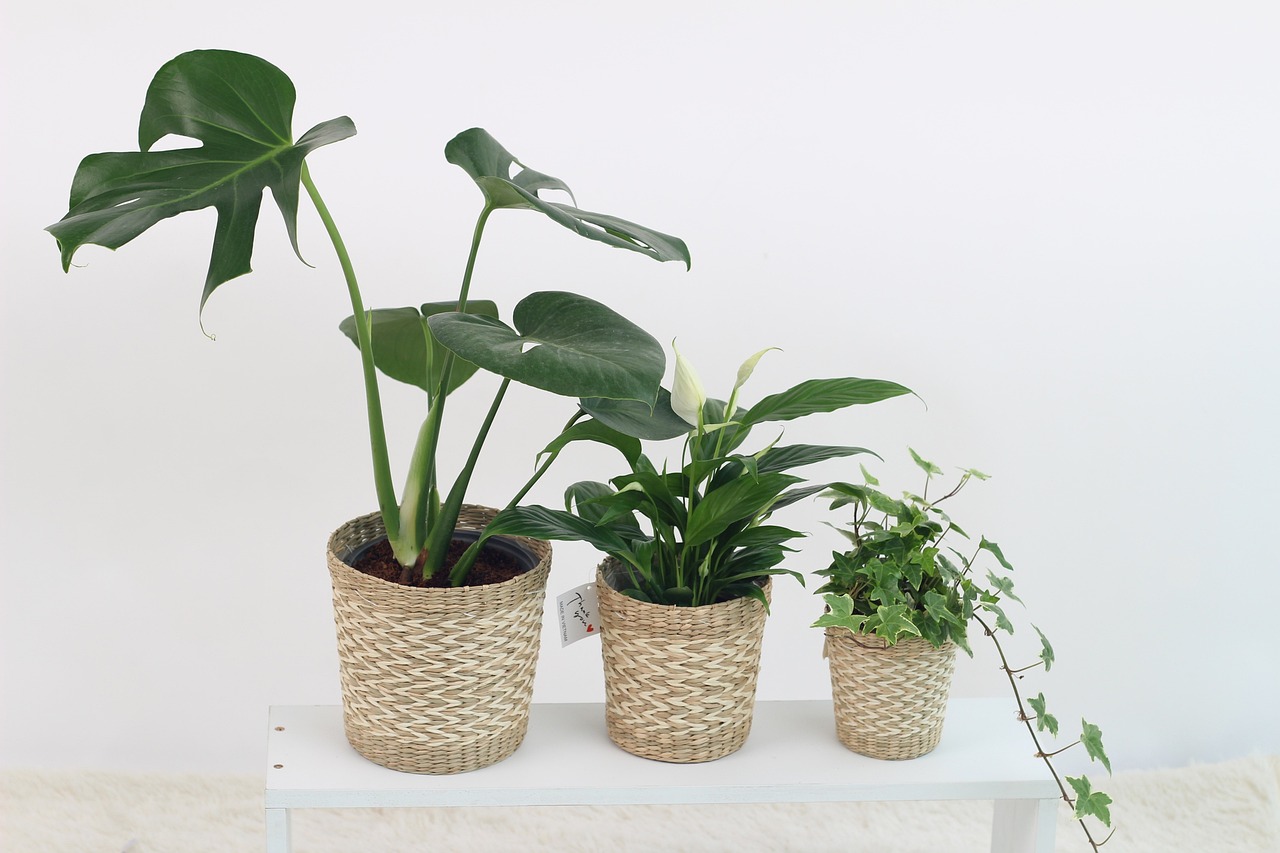
Potted plant tips to revive wilting leaves
Potted plant care can be challenging. Some plants are quite easy to grow indoors, while others are quite a challenge. The key to reviving a plant is making sure the roots are still healthy. If they are damaged or rotten, it may be too late. Begin the rejuvenation process by trimming off dead leaves and excess foliage. If the roots are damaged, you can relieve the stress on them by reducing the amount of foliage. Cut off the dead stems until you see the green part. This will encourage new growth. Now that you’ve done the basics, it’s time to test the plant’s chances of survival based on visible symptoms.
Overwatering
If you’ve overwatered your potted plant, you may notice wilted brown or yellow leaves. The soil will be moist to the touch. The solution is to keep the plant out of direct sun and reduce watering. If possible, replant in fresh soil to help the plant recover. If the leaves are dry, brow and the ground is hard, it may be submerged. You should place your plant in a moist area, out of direct sun, and water lightly.
Too much sun
Bleached or dark spots on dry leaves can indicate excessive exposure to sunlight. To remedy this, you should place the potted plant in a more shaded area. Preferably with a lot of humidity. Cut the foliage well and water. If your plant isn’t getting enough sun, you may notice that the leaves are smaller, paler, and the stems may feel mushy as well. Place the plant in a sunnier spot and add some light gravel to the pot. This helps reflect light.
Problematic pests
Pests can also be the cause of your problems, and if left unchecked, your potted plant could die. For the most part, you’ll notice parts of the plant that have been eaten. Leaves may also curl, bend, you may notice abnormal growths or even white patterns. Pests can often be wiped or sprayed. Different plants attract different insects. You can read about the different problems that could affect your plants before choosing a solution. There are various insect repellents that you can make yourself to get rid of insects and keep them away.
Lack of nutrients
Finally, if there are nutrient deficiencies, it may be necessary to transplant into fresh soil to allow the roots to grow. The right fertilizer can also help the plant flower, but fertilizing is necessary during the growing season. Since every potted plant is different, be sure to do your research and always follow the directions on the fertilizer package.
With these potted plant care tips in mind, you can be certain that your plants will not only look their best, but they will thrive and grow. If you have plants that produce blooms, you will enjoy the fruits of your labour every time bloom season arrives.
